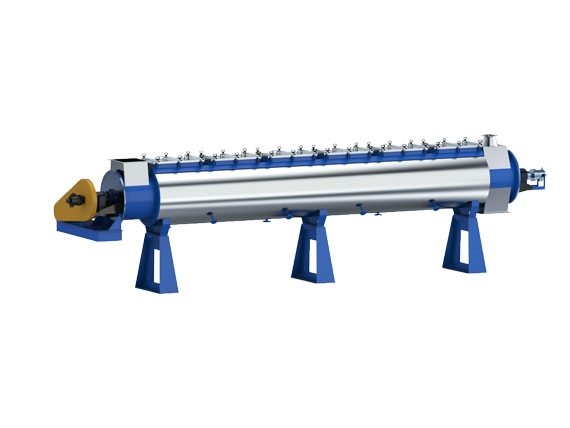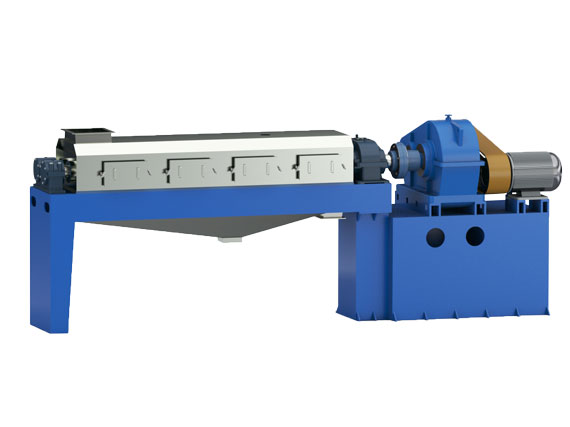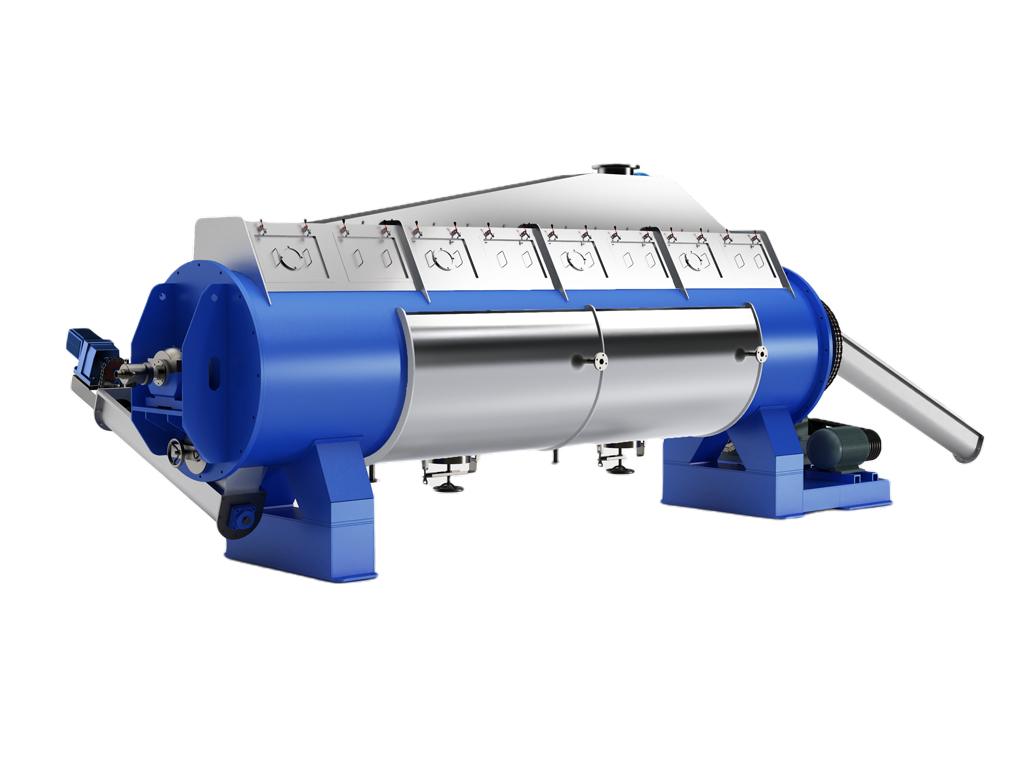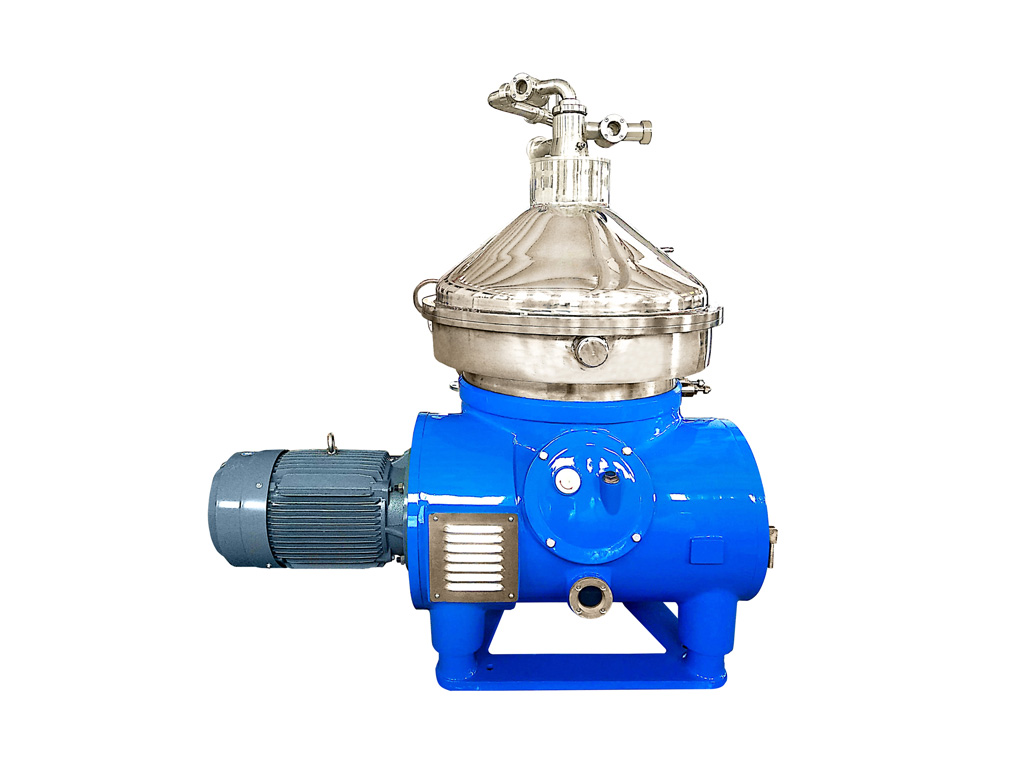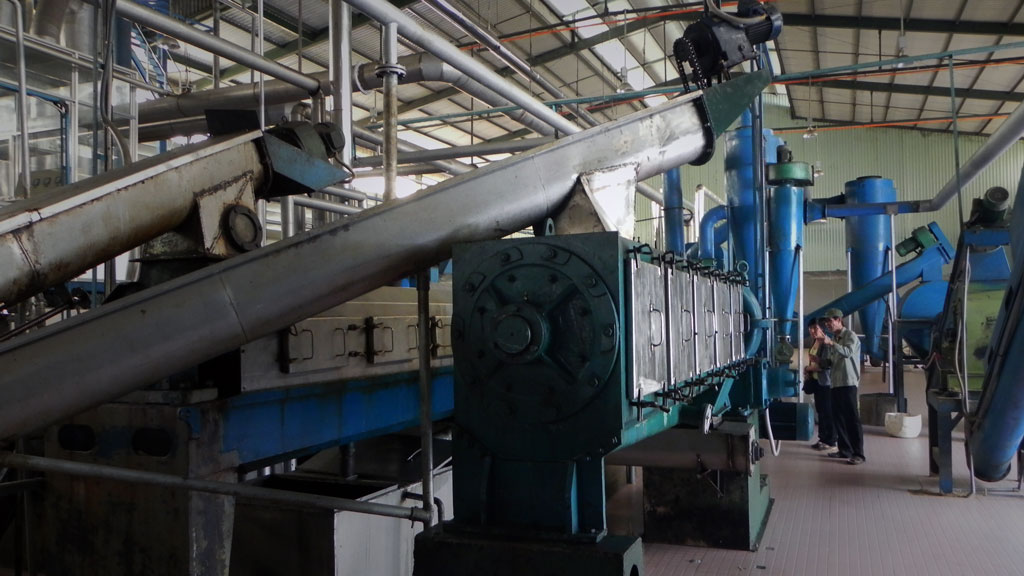
Effective fish meal machine maintenance is critical for sustaining 24/7 operations, with data showing proper care can reduce energy costs by 18% and extend equipment lifespan by 40%. As industry experts, we provide actionable strategies to optimize your production line.
Section 1: Critical Issues in Fish Meal Processing
Top 5 Equipment Failure Signs
Monitor these key indicators in your fish meal production equipment:
Drying system temperature deviation (>±15℃ from setpoint)
Press unit hydraulic pressure drop (<80% of standard)
Abnormal vibration in grinding mills (>7.5mm/s velocity)
Troubleshooting Essentials
For sudden drops in drying efficiency:
Inspect steam trap functionality
Clean heat exchanger surfaces (scale thickness <2mm)
Verify cyclone separator airlock operation
Emergency Service Requirements
Immediate professional intervention needed when:
Oil contamination in meal (>50ppm detected)
Motor winding temperature exceeds 155℃
Persistent smoke emission from stack
Section 2: Maintenance Best Practices
Daily Operational Checks
Lubricate press bearings (using high-temp grease)
Record cooker temperature profiles (85-95℃ optimal)
Inspect screw conveyor wear (<1.5mm clearance)
Quarterly Intensive Maintenance
Replace hammer mill screens (hole enlargement <10%)
Test safety valves (activation pressure ±5% tolerance)
Analyze gearbox oil (viscosity 220-320 cSt at 40℃)
Annual Overhaul Protocol
Rebuild press worm shaft (runout <0.05mm)
Install IoT vibration sensors on critical motors
Conduct infrared thermography inspection
Section 3: Performance Optimization
Equipment Modernization Solutions
For plants operating pre-2015 equipment:
Retrofit with energy-efficient drying cyclones (>20% fuel savings)
Install automatic moisture control systems (±0.3% accuracy)
Implement predictive maintenance software
Spare Parts Management
Maintain critical inventory:
Press screen meshes (3-5mm hole size)
Drying burner nozzles (316SS construction)
Grinder hammers (58-62 HRC hardness)
Conclusion
Proactive fish meal equipment maintenance can increase annual throughput by 15% while reducing unplanned downtime.If you also have such needs, you can make an appointment with our engineers to conduct equipment inspections and obtain customized maintenance plans.
